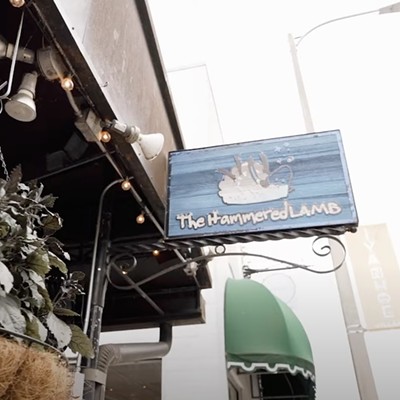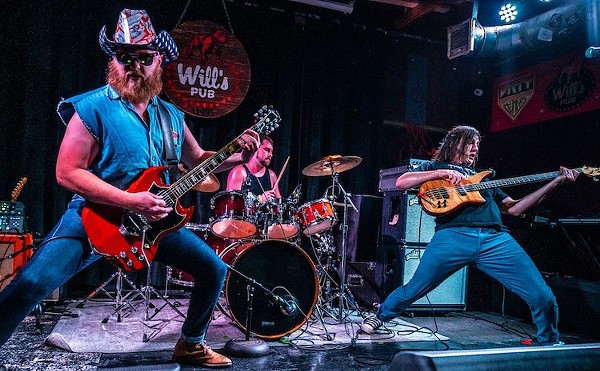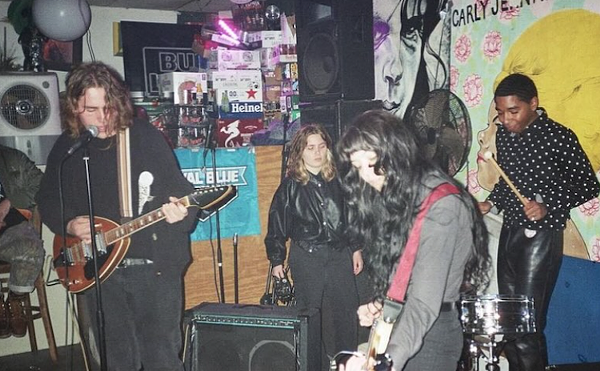Ask the man on the street "What do you think of Elvin Jones?" and you're likely to get a puzzled look. Ask any drummer the same question and they'll go slack-jawed, open-mouthed, barely able to voice their appreciation and reverence. You might as well have asked a preacher, "What do you think of God?"
I received a phone call from a local drummer informing me that Elvin was gone. We spoke of his contributions to music and the influence of his family. Hank Jones, his eldest brother, is considered one of the finest pianists to ever sit before a keyboard. Thad Jones – trumpeter, composer, arranger, bandleader, etc. – passed away several years ago. That much talent in one family is only equaled by the Heath brothers and, from the start, Elvin was destined to have a huge influence on jazz drumming and percussion in general.
Although most people – or at least most drummers – will remember his powerful solos and polyrhythmic ability (matched only by the great Joe Morello), Elvin was quite capable of taking a pair of brushes and laying down a beautiful cushion of rhythm behind the tiny voice of Astrud Gilberto. His sense of dynamics was so broad that he could adapt and play well in any genre.
Elvin first became prominent as a member of the John Coltrane quartet with McCoy Tyner and Jimmy Garrison. The sounds the four made shaped the nature of music in the last half of the 20th century and are still an unavoidable influence in jazz today. Thirty-seven years after Coltrane's passing, nearly every note this group recorded is still in print, with university music departments dissecting and transcribing it for their advanced students. Elvin was the thunder to Coltrane's lightning and the energy he put into his playing made James Brown look like a slacker. In the early '60s, musicians were playing in suits and ties and even with the A/C set to "freeze," Elvin would walk off the stand literally soaked and dripping with sweat. I once got a laugh out of Miles Davis when I told him that the two best peripheral jobs in jazz were McCoy Tyner's piano tuner and Elvin's dry cleaner. Miles said, "Yeah, Elvin don't perspire; he sweats."
I had the opportunity to talk with Elvin on several occasions. Once, speaking of influences, I told Elvin that New York drummers would always go to where West Coaster Shelly Manne was playing and "steal" his licks. Elvin laughed and said, "Hell, I steal from everybody; Max (Roach), Art (Blakey), Roy (Haynes), everybody. And they steal from me. Nobody's style is born fully formed – we're all a product of our musical influences. Out of all these, you develop your own voice."
And what a voice it was. Elvin was the embodiment of the many rhythms of Mother Africa. The great Brazilian percussionist Airto Moreira once described Elvin's shifting polyrhythms as "a little train rolling back and forth on top of a big train that is rolling at a constant speed."
Elvin Jones was more than just a drummer, he was a force of nature. Finally, after 37 years, Trane got his sticks-man back.
















